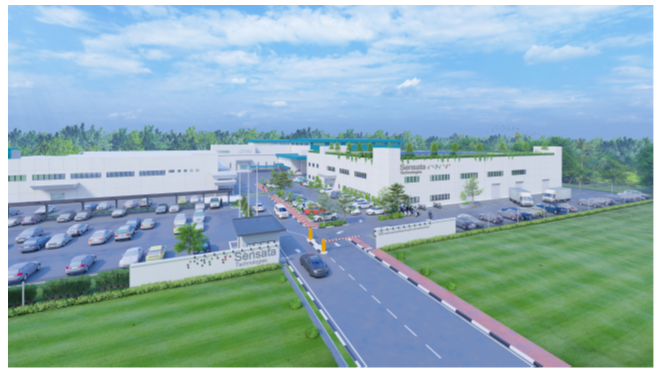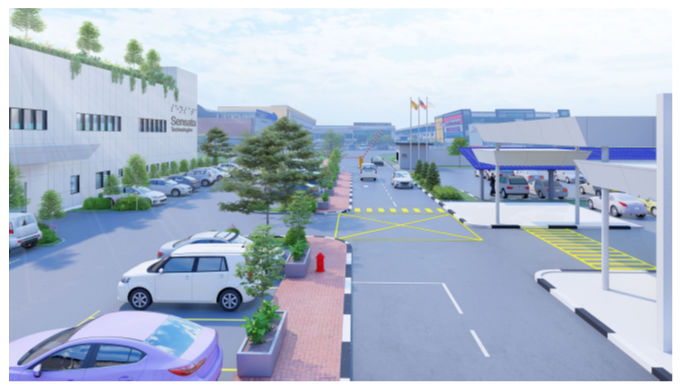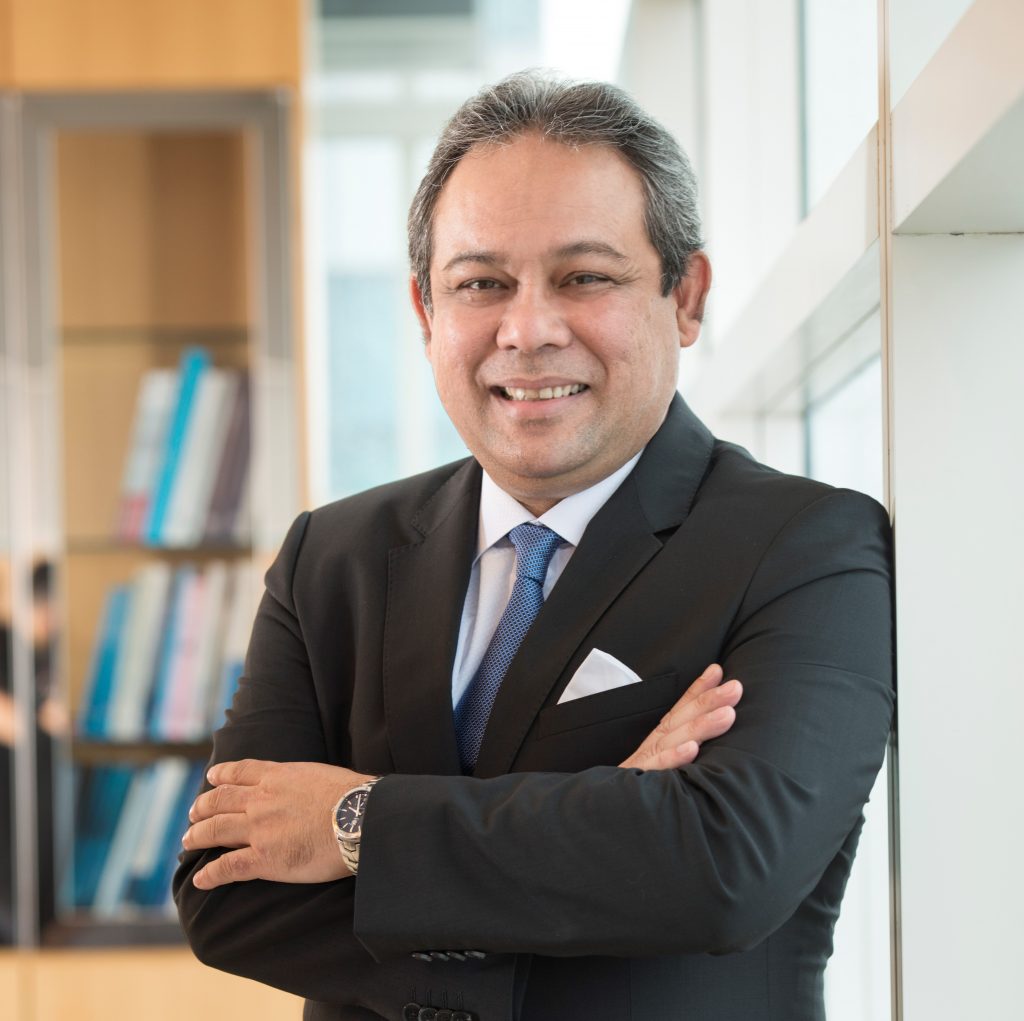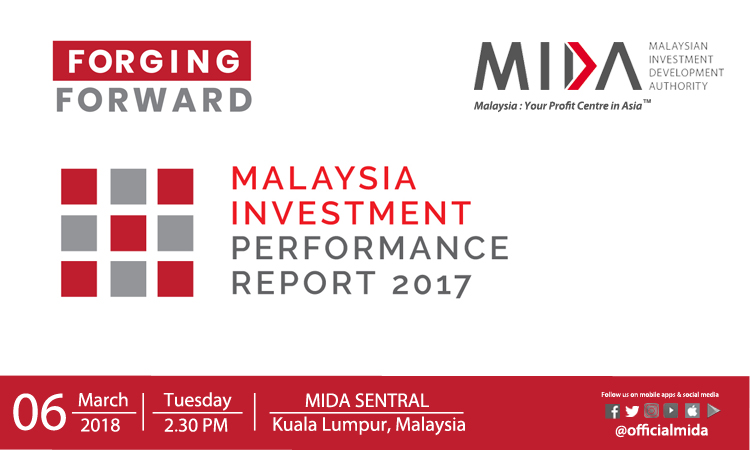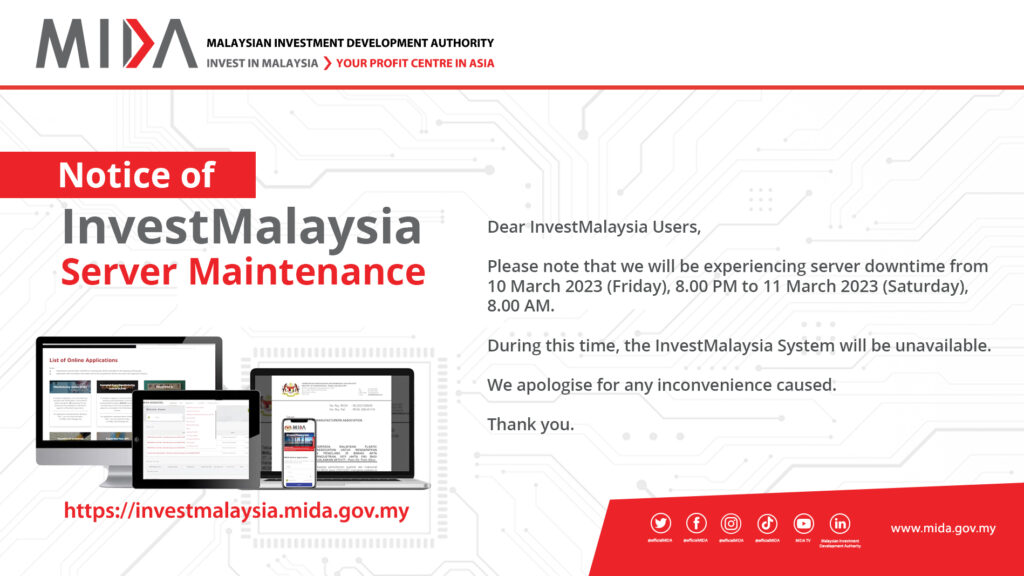
Notice of InvestMalaysia Server Maintenance
Dear InvestMalaysia Users,
Please note that we will be experiencing server downtime from 10 March 2023 (Friday), 8.00 PM to 11 March 2023 (Saturday), 8.00 AM.
During this time, the InvestMalaysia System will be unavailable.
We apologise for any inconvenience caused.
Thank you.
Notice of InvestMalaysia Server Maintenance
Content Type:
Duration:


